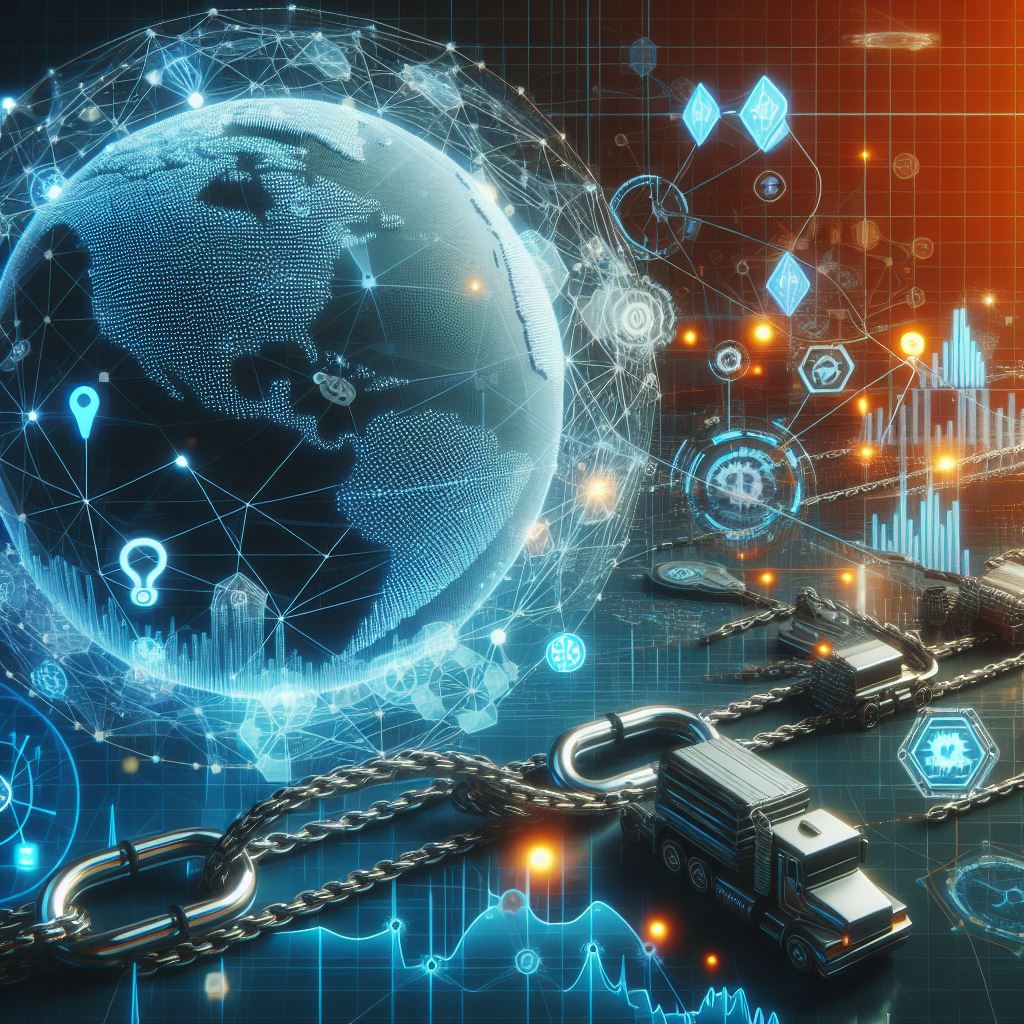Technology predictions for 2024 - year of AI adoption
December 31, 2023
AI adoption intro
AI adoption is the process of integrating artificial intelligence technologies into various domains and applications, such as healthcare, education, business, entertainment, and more. AI adoption can bring many benefits, such as improving efficiency, accuracy, innovation, and customer satisfaction. However, AI adoption also faces many challenges, such as ethical, social, legal, and technical issues, as well as the need for human oversight, collaboration, and education.
According to a recent report by Gartner, the global AI adoption rate is expected to grow by 25% in 2024, reaching 75% of all enterprises. The report also predicts that the top three drivers of AI adoption will be customer experience, revenue growth, and cost optimization. The report also identifies the top three barriers to AI adoption, which are skills gap, data quality, and governance.
According to a recent report by PwC, the global AI in blockchain market is expected to grow by 32% in 2024, reaching $8.6 billion. The report also predicts that the top three sectors that will adopt AI in blockchain are finance, healthcare, and supply chain. The report also identifies the top three challenges to AI in blockchain adoption, which are interoperability, regulation, and talent.
Predicted AI Adoptions by Industries in 2024
Healthcare
AI adoption in healthcare will surge with predictive analytics, personalized medicine, AI-driven diagnostics, and patient care optimization becoming more prevalent. AI-powered tools for disease detection, drug discovery, and patient monitoring will integrate further into healthcare systems.
Finance and Banking
AI will continue transforming the finance sector with enhanced fraud detection, risk assessment, algorithmic trading, and personalized financial services. Expect more widespread use of AI-powered chatbots and virtual assistants for customer service and financial advice.
Retail and E-commerce
AI will revolutionize retail by offering personalized shopping experiences, improving demand forecasting, optimizing inventory management, and refining recommendation engines. Look for advancements in AI-driven visual search and augmented reality for shopping experiences.
Manufacturing and Industry 4.0
AI will optimize manufacturing processes through predictive maintenance, autonomous robotics, quality control, and supply chain optimization. Smart factories and the Industrial Internet of Things (IIoT) will continue evolving.
Automotive and Transportation
Expect increased AI integration in autonomous vehicles, traffic management systems, and predictive maintenance in the automotive industry. AI will enhance safety features, optimize routes, and improve transportation network efficiency.
Education
AI adoption in education will expand with personalized learning platforms, adaptive assessment systems, and AI-powered tutoring. Virtual classrooms, intelligent content creation, and data-driven insights for educators will gain traction.
Cybersecurity
AI will remain crucial in cybersecurity with AI-driven threat detection, behavioral analysis for anomaly detection, and automated response systems to counter sophisticated cyber threats.
Agriculture
AI adoption in agriculture will grow with precision farming techniques, crop monitoring using drones, predictive analytics for yield optimization, and automated farming equipment.
Entertainment and Media
AI-powered content creation, recommendation systems for streaming platforms, personalized advertising, and AI-enhanced gaming experiences will continue to advance.
AI adoption in 2024 will depend on many factors, such as the availability of data, talent, infrastructure, and funding, as well as the regulation, ethics, and trust of AI systems. AI adoption will also vary across regions, industries, and organizations, depending on their needs, goals, and capabilities. AI adoption will require a holistic and strategic approach, involving multiple stakeholders, such as governments, businesses, academia, and civil society.
AI in Blockchain Technology
Improved Consensus Mechanisms
Artificial Intelligence (AI) integration with blockchain is set to revolutionize consensus mechanisms. AI algorithms can enhance consensus protocols by optimizing transaction validation, increasing scalability, and improving network efficiency in blockchain networks.
Smart Contract Optimization
AI-powered smart contracts will become more adaptive and intelligent. Machine learning algorithms can analyze contract performance, predict outcomes, automate contract execution based on predefined conditions, and detect anomalies or fraudulent activities within contracts.
Enhanced Security and Privacy
AI-driven cybersecurity measures will bolster blockchain security. AI algorithms will be instrumental in identifying and mitigating potential vulnerabilities, thwarting cyber attacks, and ensuring data privacy within decentralized systems.
Scalability and Network Optimization
AI will address scalability issues by optimizing network performance and resource allocation. Adaptive AI algorithms can dynamically adjust network parameters, enhancing blockchain scalability without compromising decentralization.
AI in NFTs (Non-Fungible Tokens)
Content Generation and Curation
AI-powered tools will aid in generating and curating NFT content. Generative AI models can create unique digital assets, while AI-based curation algorithms can assist in selecting high-quality or trending NFTs based on user preferences.
Valuation and Prediction
AI algorithms will play a significant role in valuing NFTs and predicting their market trends. Machine learning models can analyze historical data, market sentiment, and user behavior to predict the value and future trends of specific NFTs.
Anti-Counterfeiting Measures
AI-driven authentication and anti-counterfeiting solutions will combat NFT forgery. AI technologies like computer vision and pattern recognition can verify the authenticity of NFTs, ensuring the legitimacy of digital assets.
Personalized NFT Experiences
AI will enable personalized NFT experiences for users. Recommendation engines powered by AI will suggest NFT collections based on individual preferences, enhancing user engagement and discovery.
Conclusion
The convergence of AI and blockchain technology, as well as their integration into the NFT space, promises transformative changes. These advancements are poised to enhance security, scalability, functionality, and user experiences in blockchain networks and the burgeoning world of NFTs. The synergy between AI and decentralized technologies holds immense potential for innovation and growth in the digital landscape.